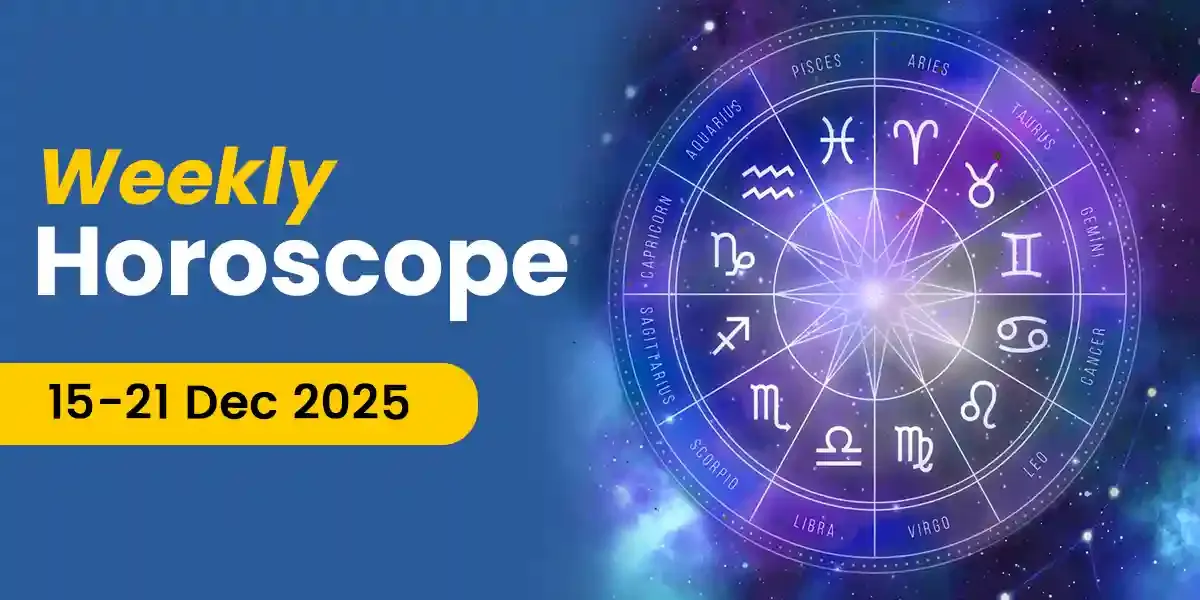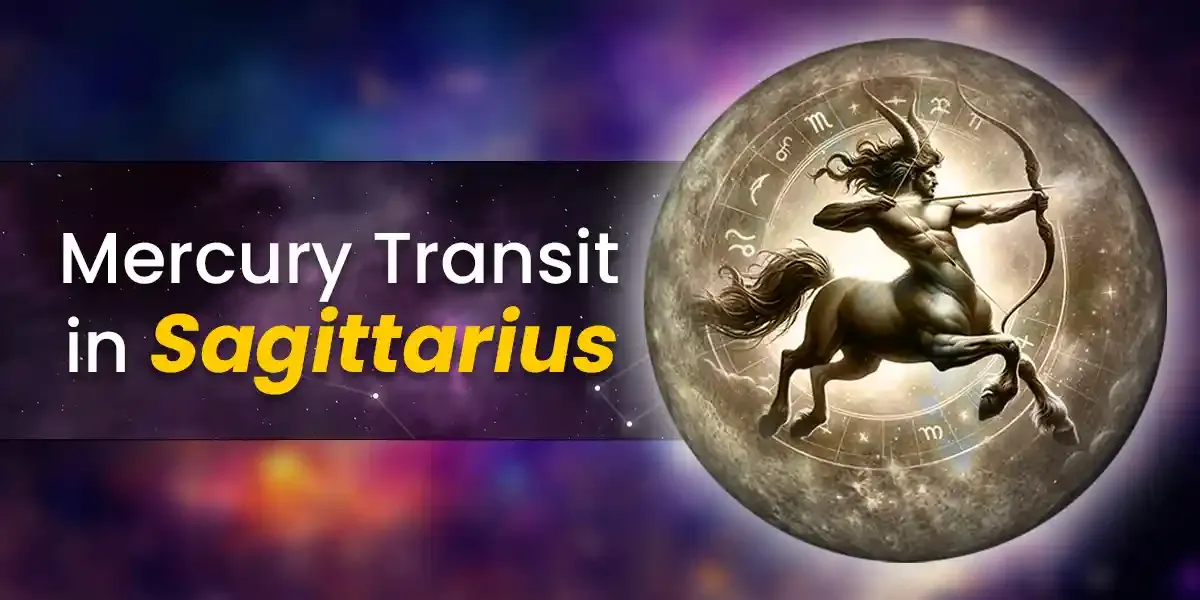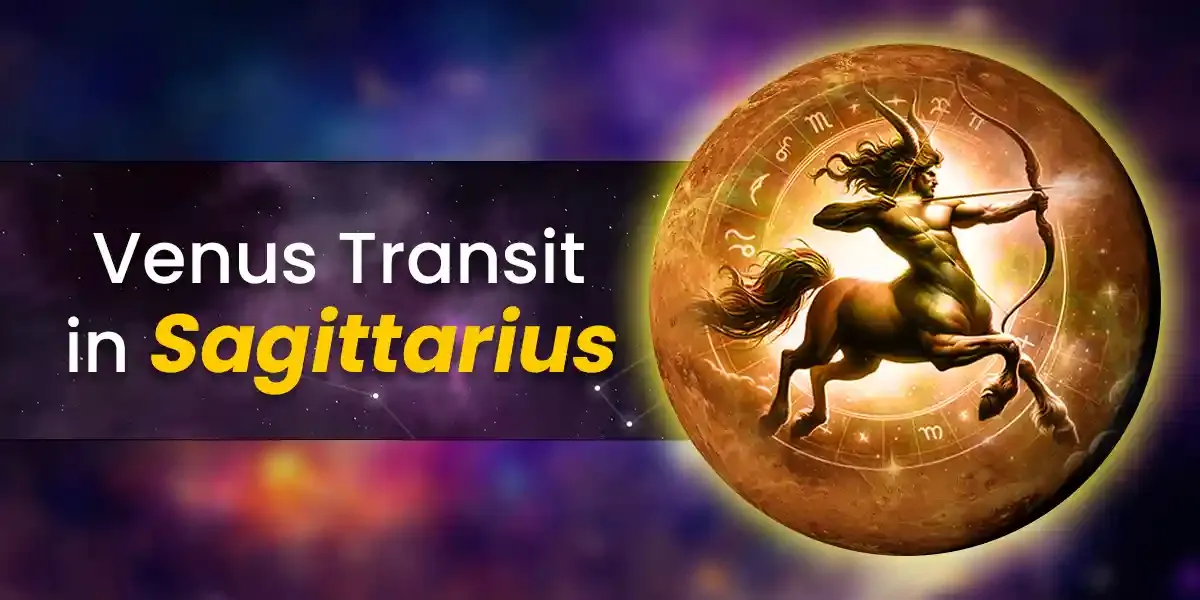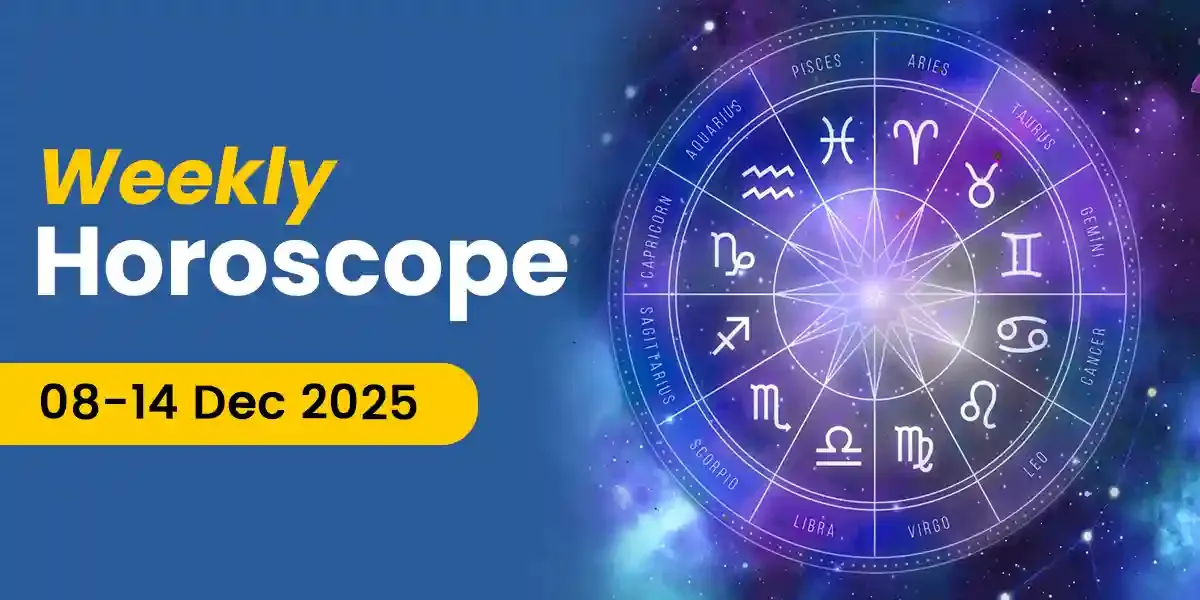
Traditions, rituals, and customs in most societies are now finding it difficult to keep up with the modern outlook of people. In this fast-paced world of cutthroat competitions and new technologies, most people are finding it very convenient to let go of what was a family tradition, calling it obsolete, mundane, unnecessary and unimportant.
Vedic Astrology is pure science from the great Vedic era which can provide great insights about your future.
This is especially true in the case of Indians who are blindly aping the West. What Indians do not realize is that our rich culture, that taught us to follow certain rituals, have got the scientific reasoning behind it. Its time the millennials understood this.
Here is the science behind some common Indian rituals-
Gesture of Namastey on Meeting Someone
When the palms of both the hands are joined together, it activates the nerve endings present in the fingers which are linked to the pressure points of the eyes, ears and mind. These points are in turn, activated, to help us remember the person we met, for a long time.
Performing Surya Namaskar
One form of prayer in India is the ritual of giving ‘Aragh’ or water to the Sun after taking bath. When we do that, the spectrum of sun rays refract through the water, breaking into its seven colours and emanating energy in the process. This energy is absorbed by the body and balances any ‘Dosha’ that exists in it. So, this ritual helps gain ’water therapy from Sunrays’ and is very helpful in improving eye-sight and mind power.
Similarly, the highly popular yoga asanas of Surya Namaskar, move all the skeletal joints of the body, providing great flexibility and fitness to the body.
Fasting
Other than helping a person to learn discipline himself, fasting helps in detoxifying the body and giving some respite to the overworked kidneys and liver. Studies have shown that it not only helps your brain ward off neurodegenerative diseases like Alzheimer’s and Parkinson’s, but also helps to improve memory and mood.
Applying Tilak on the Forehead
In olden times, students and scholars would apply a tilak of sandalwood on their forehead. The science behind it is that sandalwood has a cooling effect and helps keep the mind at peace which improved concentration.
Touching the feet of elders
When you touch the feet of an elder person, the nerve endings from your hand connect with the nerve endings of their feet to set up a circuit such that your nerve endings become the receptor of positive thoughts and energy emanating from the elders nerve ends.
Also, when one bows, it increases blood circulation, which is good for health.
Applying henna when getting married
Henna has a powerful cooling effect. When applied on the nerve endings of the body ie; on the hands and feet, during weddings, it helps prevent stress and tension. The eucalyptus and clove oil along with the lemon drops that are added to give a dark colour to the henna, act as an aphrodisiac, which helps in boosting the romance after the wedding.
These, and many other Indian rituals that are part of our tradition, all have scientific reasoning behind it, for the benefit of the body.
Our in-house team of writers comprises of vibrant, like-minded, and curious souls who are passionate about helping people find joy and motivation through the magic of words. Our writers are keen on using their skills to make the study of divination sciences a guiding tool in people's lives. They hold expertise in writing on a myriad of topics related to Indian Astrology, Spirituality, Planetary Movements, Vastu Shastra, Numerology, and Tarot among several others. The Astroyogi team aims to write articles that can help the readers lead a life of peace and tranquility whilst enjoying the many ups and downs of life!



































